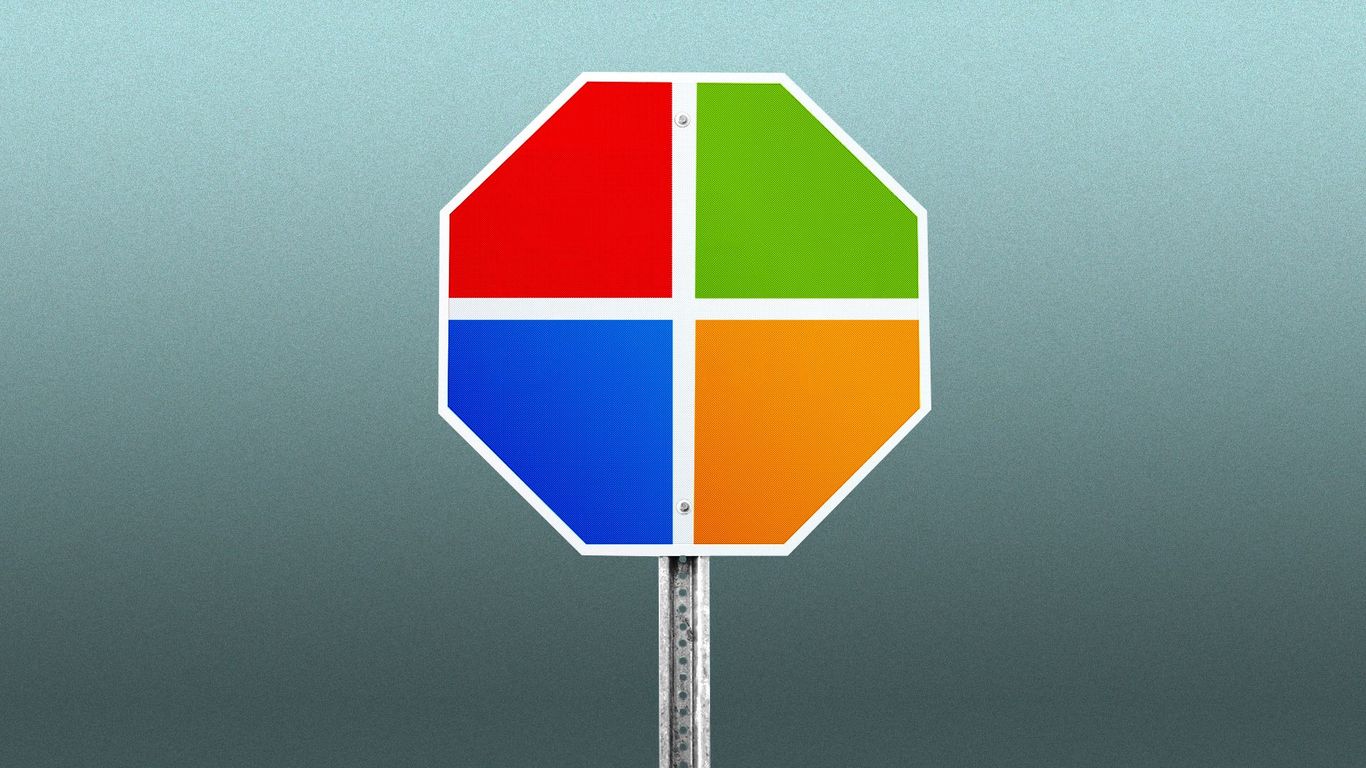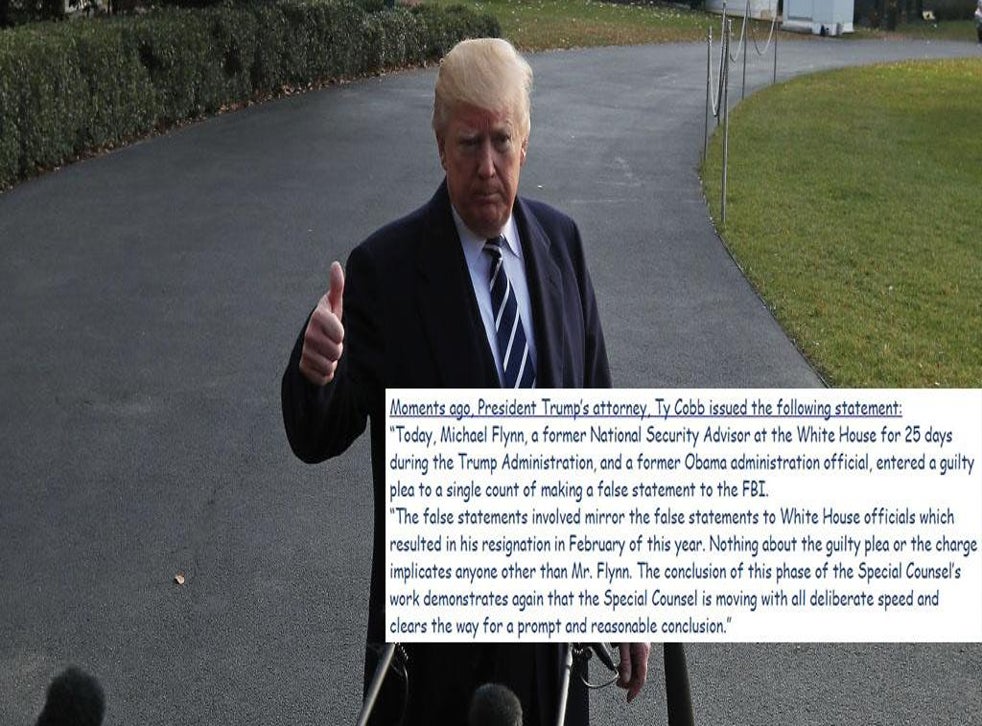Improving Mental Health Literacy: Education Programs And Initiatives

Table of Contents
School-Based Mental Health Literacy Programs
Investing in mental health literacy within the education system is paramount for early intervention and long-term well-being. Comprehensive school-based programs are crucial for equipping the next generation with the knowledge and skills to navigate mental health challenges effectively.
Early Intervention and Prevention
Early intervention is key when it comes to mental health. School-based programs focusing on early intervention and prevention aim to:
- Equip young people: Provide age-appropriate education on various mental health issues, including stress management techniques, understanding anxiety and depression, and building resilience.
- Promote early help-seeking: Encourage students to seek help when needed, breaking down the stigma often associated with mental health issues.
- Implement preventative measures: Introduce mindfulness programs and social-emotional learning (SEL) curricula to build coping mechanisms and emotional intelligence.
Examples of successful initiatives include the implementation of mindfulness-based stress reduction (MBSR) programs and evidence-based SEL curricula that foster self-awareness, self-management, and social awareness. These programs provide a strong foundation for mental well-being throughout life.
Teacher Training and Support
Effective mental health literacy programs require adequately trained educators. Teacher training and support initiatives focus on:
- Mental health awareness: Equipping teachers with the knowledge to recognize the signs and symptoms of common mental health conditions in students.
- Response strategies: Training teachers on how to appropriately respond to students struggling with their mental health, including knowing when and how to refer students to professional help.
- Creating a supportive environment: Fostering a classroom environment where students feel comfortable discussing mental health concerns without fear of judgment.
- Access to resources: Providing teachers with access to mental health professionals for consultation and support.
By providing teachers with the necessary tools and resources, schools can create a more supportive and understanding environment for all students, promoting positive mental health outcomes.
Community-Based Mental Health Literacy Initiatives
Expanding mental health literacy beyond schools requires robust community-based initiatives that reach diverse populations. These initiatives play a vital role in raising awareness, reducing stigma, and promoting help-seeking behavior.
Public Awareness Campaigns
Public awareness campaigns are essential for disseminating vital information about mental health and reducing stigma:
- Utilizing multiple channels: Employing various media platforms, such as social media, television, radio, and print, to reach a wide audience.
- Focusing on destigmatization: Challenging negative stereotypes and misconceptions surrounding mental health conditions.
- Promoting help-seeking: Encouraging individuals to seek professional help when needed, providing information on available resources and support services.
Examples include public service announcements (PSAs) featuring relatable stories, online resources providing accessible information, and community events promoting mental well-being.
Workplace Mental Health Programs
Mental health also impacts the workplace significantly. Programs designed to improve mental health literacy in the workplace include:
- Promoting mental well-being: Offering educational resources on stress management, work-life balance, and mental health best practices.
- Providing access to resources: Making employee assistance programs (EAPs) and other mental health resources readily available to employees.
- Fostering open communication: Creating a culture of open communication and support where employees feel comfortable discussing mental health concerns without fear of repercussions.
These initiatives contribute to a healthier and more productive work environment, reducing absenteeism and boosting overall employee well-being.
The Role of Technology in Enhancing Mental Health Literacy
Technology provides innovative tools and platforms to expand the reach and impact of mental health literacy initiatives.
Online Resources and Apps
The internet offers a wealth of resources to improve mental health literacy:
- Accessible information: Providing easily accessible information on various mental health conditions, coping mechanisms, and available resources.
- Self-assessment tools: Offering online self-assessment tools to help individuals identify potential mental health concerns.
- Support networks: Connecting individuals with online support groups and communities for peer support and shared experiences.
Examples include mental health apps offering guided meditations, educational websites providing comprehensive information, and online forums connecting individuals with similar experiences.
Telehealth and Virtual Therapy
Telehealth and virtual therapy are revolutionizing access to mental health services:
- Expanding access: Providing convenient and accessible mental health services, especially to individuals in underserved areas or those with limited mobility.
- Offering convenience: Allowing individuals to access mental health support from the comfort of their own homes.
- Facilitating online education: Providing platforms for online mental health education and workshops.
These advancements are crucial for bridging gaps in access to care and promoting better mental health outcomes for a wider population.
Conclusion
Improving mental health literacy is a collective responsibility. Through comprehensive education programs and initiatives in schools, communities, and workplaces, we can empower individuals to understand, address, and manage mental health challenges effectively. By embracing innovative approaches like technology and fostering supportive environments, we can collectively reduce stigma, promote help-seeking behavior, and ultimately create a healthier and more compassionate society. Let's all contribute to improving mental health literacy and create a brighter future for everyone. Learn more about how you can support and improve mental health literacy in your community today!

Featured Posts
-
 The Impact Of Tariffs On Brookfields Us Manufacturing Plans
May 02, 2025
The Impact Of Tariffs On Brookfields Us Manufacturing Plans
May 02, 2025 -
 Xrps Future Navigating Regulatory Uncertainty After Sec Actions
May 02, 2025
Xrps Future Navigating Regulatory Uncertainty After Sec Actions
May 02, 2025 -
 Kort Geding Kampen Vs Enexis Probleem Met Stroomnetaansluiting
May 02, 2025
Kort Geding Kampen Vs Enexis Probleem Met Stroomnetaansluiting
May 02, 2025 -
 Future Of Microsoft Activision Merger Uncertain After Ftc Appeal
May 02, 2025
Future Of Microsoft Activision Merger Uncertain After Ftc Appeal
May 02, 2025 -
 Is Donald Trump Mistaking Calibri Font For Ms 13 Tattoos
May 02, 2025
Is Donald Trump Mistaking Calibri Font For Ms 13 Tattoos
May 02, 2025
